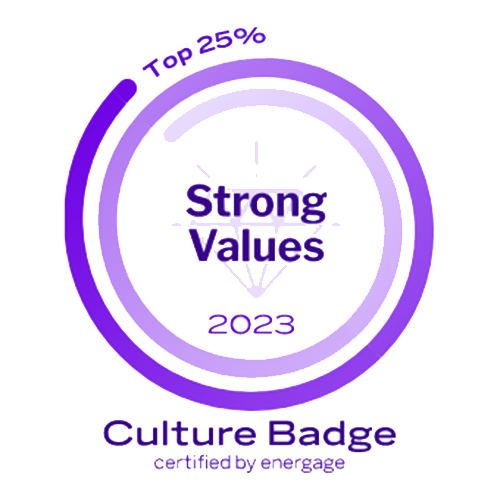Sustainability is officially taking center stage. According to Deloitte’s 2022 CxO Sustainability Report, almost 79% of executives see the world at a tipping point for responding to climate change, compared to 59% eight months ago. With CSR and ESG agendas on the rise, event planners should equally amplify their focus on venues that are sustainably conscious. Here are five hotel chains that are taking proactive steps to protect mother earth:
The Four Seasons
The Four Seasons Hotel New York Downtown holds a Silver LEED Certification, and is a participant in the Energy Curtailment Program, a partnership with Con-Edison to alleviate the strain on the city’s electric grid during peak usage. The luxury hotel brand is also transitioning to LED lighting in all common and back-of-house spaces, and is in the midst of a water conservation audit that will bring a balance to all rooms and suites and reduce consumption. Two of our most popular guest products used for turndown include our coasters and turndown mats, both of which are made from recycled tire rubber, and they are in the process of going completely plastic-free, including the replacement of plastic water bottles, non-plastic straws, biodegradable keycards, as well as paper and biodegradable packaging and serving materials.
Hilton
Since 2009, Hilton has used an award-winning LightStay system to measure, report and improve their environmental impact. They are the first major hotel company to establish science-based targets to reduce greenhouse gas emissions in line with the Paris Agreement, and have also pledged to reduce our Scope 1 and 2 carbon intensity by 61% by 2030. This includes a commitment to reduce waste and water use intensity by 50% by 2030. Looking beyond waste, Hilton is also committed to sustainably source meat, poultry, produce, seafood and cotton, and to collaborate with our suppliers to improve our responsible sourcing by 2030.
Marriott
Keeping up with the competition, Marriott also has implemented aggressive sustainability goals related to reduced waste and sustainable suppliers. In addition, the franchised hotel chain is aiming to achieve a minimum of 30% renewable electricity use including solar hot water and solar lighting at select locations. Their Make a Green Choice program expanded in 2019, with a refresh that allows guests at participating properties the opportunity to receive points or contribute to a regionally-relevant sustainability project. By 2025, Marriott also aims to develop 250 adaptive reuse projects rather than destroying old sites and rebuilding. In 2019, Marriott opened 27 new adaptive reuse projects totaling 180 adaptive reuse hotels globally since 2016. Additionally, all global franchised hotels received suggested energy and water reduction targets for the first time in 2019.
Wyndham
In 2009, Wyndham launched its Green Certification Program as a pilot program, making it mandatory for all properties in 2013. The program’s two components – the Wyndham Green Toolbox and Wyndham Green Certification – measure and certify the property’s impact specifically related to energy, emissions, water and waste diversion performance. (Properties can monitor and benchmark their progress, allowing them to reduce operating costs and reducing our collective environmental impact.) The certification aligns with popular external programs such as TripAdvisor Green Leaders® and Green Key® that parallel building certification programs such as LEED®. Since its inception, Wyndham has certified over 500 hotels that have demonstrated their commitment to sustainability.
Hyatt
In addition to energy and waste reduction goals such as a 27.5% reduction in emissions and a 50% reduction in food waste sent to landfill or incineration by 2030, Hyatt is focused on retrofitting existing properties with new lighting and water fixtures, as well as upgrades to aging heating and cooling plants, installations of new and efficient air handling systems, upgrades of kitchen and laundry equipment, usage of alternative water sources or water recycling, renewable energy, and implementation of building automation and energy optimization systems. Hyatt also promotes its partnership efforts with event planners, including strategies to help you and your attendees reduce food waste, paper and single-use packaging, as well as thoughtful menu design, such as plant-based menu options and no shark fins.
The Green Mile
While many venues have the best intentions when it comes to sustainability, the environmental impact of your venue will vary dramatically simply based on the location and age of the facility. Efficiency upgrades take time and money, so look for companies and venues that are making an active effort with measurable goals. When booking and negotiating, add sustainability to your list of criteria. Ask the venue to outline the steps they are taking to create sustainable events. And remember to play your part. Find out what you and your attendees can do to help reduce waste and saving energy – and communicate these actions with your guests. Attendees will appreciate the opportunity to contribute, and you will receive kudos for considering your impact on mother earth.











